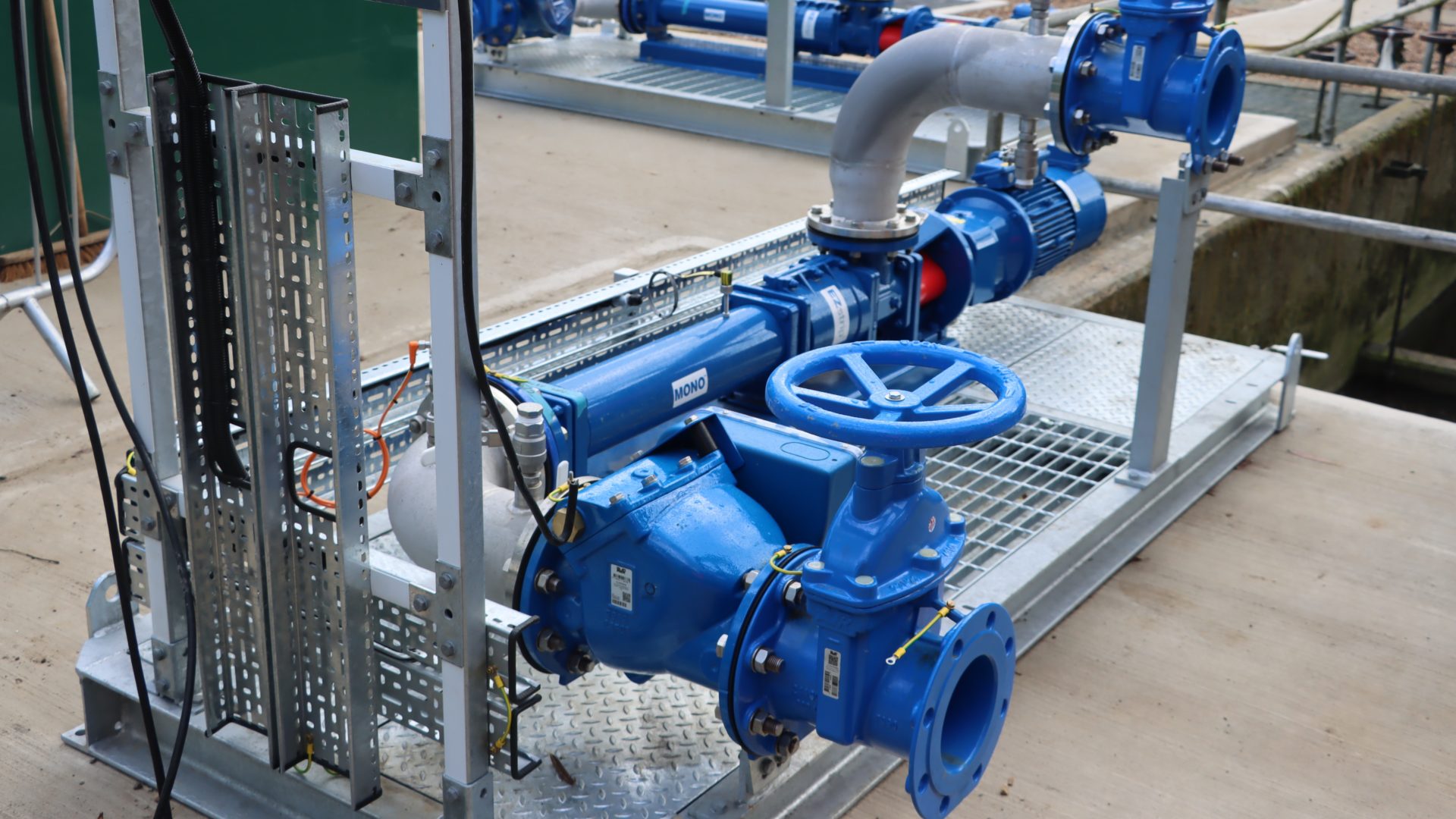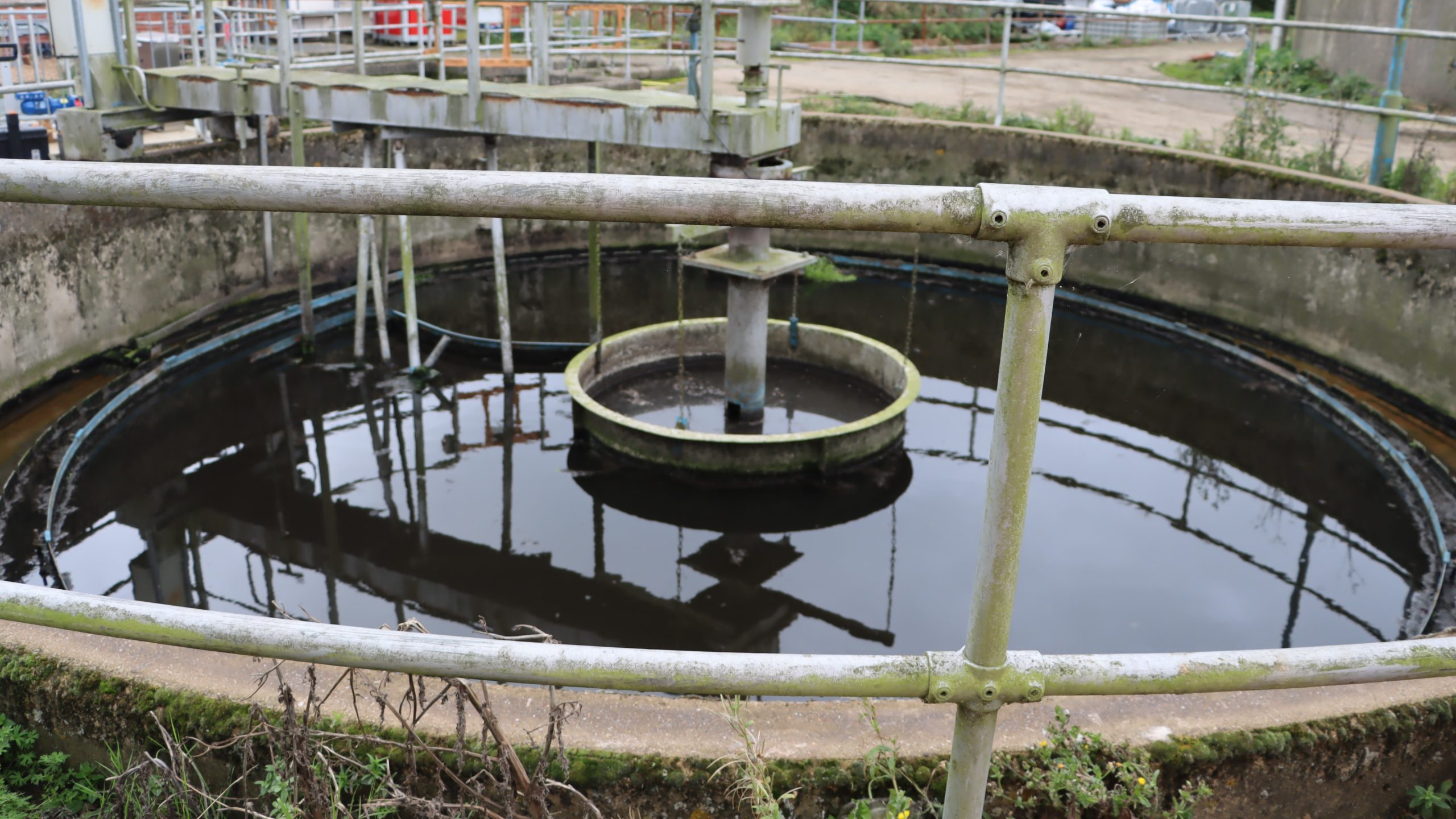Anglian Water’s @one Alliance has recently finished upgrades from Wragby to South Willingham which will secure resilient water supplies for residents and businesses in the Lincolnshire area.
The £1.8 million investment work began last spring and saw over 6km of new water pipes being installed between Wragby and South Willingham.
The water company operates in the driest and flattest region of the UK, making it particularly vulnerable to extreme weather – including drought – as a result of climate change.
In November 2023, Anglian Water published its Thriving East report which revealed that Lincolnshire is projected to face the most significant challenges of any area in the company’s region over the next thirty years, with changing climate and a growing population posing the biggest threats. And in an area with huge growth and swathes of agricultural land, water infrastructure will be more important than ever.
Anglian Water has put forward plans to address this increasing pressure on water infrastructure in Lincolnshire, including continuing work towards planning a new reservoir south of Sleaford, which would supply water to around 500,000 homes.
Michael Smith Customer Experience Co-Ordinator for the project said:
“With Lincolnshire’s population set to growth over the next three decades, securing water supplies for our customers has never been more important.
“We’re pleased to say that this project is now complete and will help us ensure that customers in Wragby and the surrounding areas will have a resilient supply of clean drinking water now and for years to come.”
The @one Alliance have also recently completed upgrades to the local water recycling centre (WRC) off the A158 road to strengthen the water recycling process.
The upgrades saw the installation of new equipment which will remove phosphorous from wastewater to help improve the water quality into local watercourses.
Phosphorous is widely used in soaps and cleaning products but can be harmful to wildlife when it reaches rivers and other watercourses. By removing more phosphorous from wastewater, this will help prevent harmful algae growth and improve water quality for the local environment.




